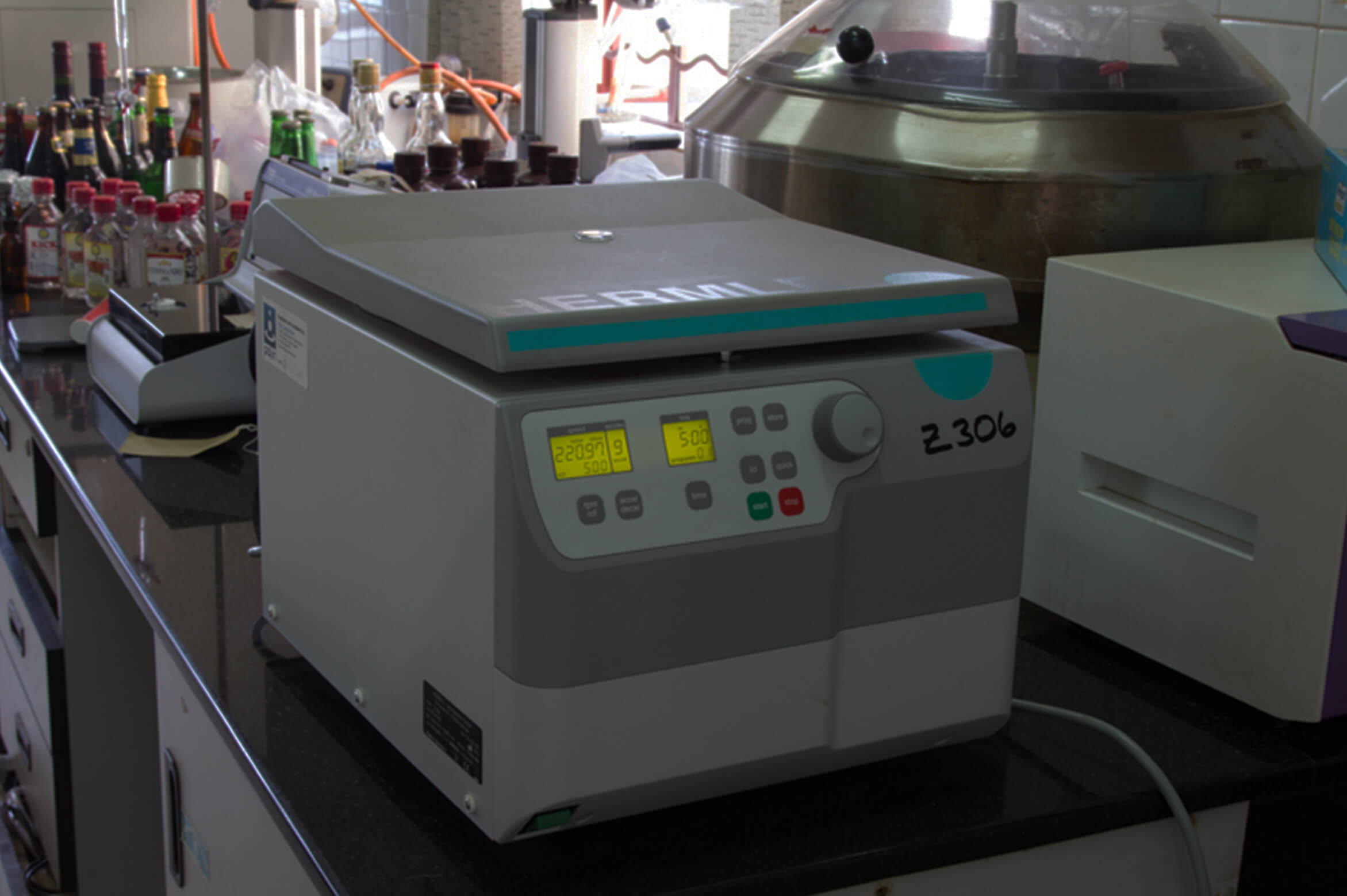Context: Burundi is a landlocked country whose manufacturing sector is still in infancy stages and the country is heavily dependent on bilateral and multilateral aid (Burundi Public Expenditure Review by World Bank, 2013). The Burundi Bureau of Standards (BBN) is the public body in charge of standards and conformity related activities in Burundi. The WTO’s 2005 World Trade Report, recognizes that technical regulations, standards and procedures for determining conformity to requirements such as testing can have positive effects on competition at international and domestic trade because they ensure consumer safety; increase the transparency of product information and compatibility of products.
Issues: The link between standards, conformity assessment procedures such as testing, inspection and certification are important in increasing trade. Quality testing laboratories provide the basic facts for the documentation of product properties that are required for international and domestic trade and are often the basis for product certification. In order to establish the facts regarding product properties and quality, effective and efficient testing laboratories are required. The type of laboratory needed depends on the needs and structure of the processing industries, as well as other manufacturing industry in the country. The cost of equipping, maintaining and operating laboratories is relatively high, and careful planning by the NSBs is required if resources are limited. Enhancing production practices, improving on quality assurance and management systems by firms and product testing results to respond to changing technical requirements of trading partners is key in improving capacity to meet both domestic and international markets standards. However, laboratory testing will not play its roles satisfactorily if the test results are not accurate and reliable.
Method: WTO TBT Agreement defines conformity assessment as any procedure used, directly or indirectly, to determine that relevant requirements in technical regulations or standards are fulfilled. Testing is the most common form of conformity assessment and the main technique used in product certification. TMA supported BBN through strengthening the capacity of laboratories and also the competence of the analysts. To ensure that the BBN chemistry, microbiology and metrology testing laboratories meet the relevant international and national standards and technical regulations and the needs of the stakeholders, TMA supported BBN with a range of new laboratory testing equipment, supplies and accessories to upgrade the product standard testing facilities in the laboratories. In addition, the BBN staff were trained on how to use the equipment and also trained on international laboratory testing requirements. The support from TMA reflected the good partnership between Government of Burundi and TMA in the area of trade facilitation.
Results: With the testing capacity of BBN enhanced, BBN is able to carry out analyses on: Oils and fats, cereals and flour, milk, salt, coffee and tea, water, and alcoholic drinks. The TMA intervention to the BBN testing laboratories contributed to reduction in the testing time for certain parameters from 65 days in 2010 to 15 days in 2014. The technical trainings carried out have built confidence in the analyst, inspectors and product certifications system in Burundi. The metrology laboratories in the BBN have achieved improvements in measurement and also increased the range of measurements for which they can offer calibration services. This is helping them to build up international confidence and recognition and improve the quality of their test results in the region to reduce the time and cost of doing business through acceptance of the test results by the regulators.
Impact: Strengthening the quality infrastructure such as testing in Burundi has provided wider access to testing services in the country and also reduced the time and testing expenses that would have been incurred if testing was done outside the country. This has also further promoted the protection of the public from hazardous or substandard products in the country.
Innovations: Through the TMA support, BBN has made good progress in ensuring acceptability of test results performed by testing and calibration laboratories in the region, through training, acquisition of laboratory equipments and implementations of the international standard ISO/IEC: 17025.
Challenges: Despite TMA equipping the BBN laboratories with testing equipment, gaps still exist; the BBN testing laboratories are not adequately staffed with the technical personnel; and even if they had the competent personnel, their maintenance is still a challenge.
Lessons Learnt: For Burundi to be able to protect consumers and enhance export competitiveness, it requires the establishment of strong testing facilities, implementation of quality management systems for food safety according to international standards and effective regulation of the business community that includes: manufacturers, suppliers, imports and exporters in the country. Building a strong quality infrastructure will position Burundi to reap the full benefits of regional integration.
Who benefits: The consumers, regulators, manufactures, suppliers, importers and exporters are benefit from the strong testing capacity built at BBN laboratory. Conformity assessment is increasingly becoming an important service in the economic development of Burundi and the region as a whole, given the role it plays in trade, industry and consumer protection. Laboratory testing as a conformity assessment tool plays a critical role in determining whether traded commodities conform to the agreed safety, quality and performance requirements to ensure consumer protection and fair trade as well as product development.
Long-term effects: With the capacity built at the BBN laboratories, BBN will be able to offer a variety of testing services to the public at a fee which in away will keep the laboratories sustainable. The traders will carry out some testing locally which reduces the cost and time of releasing the test results.















